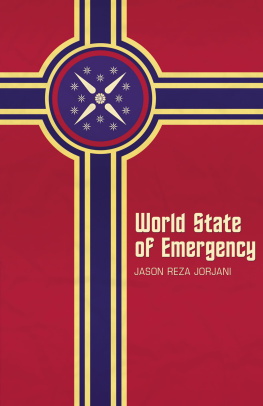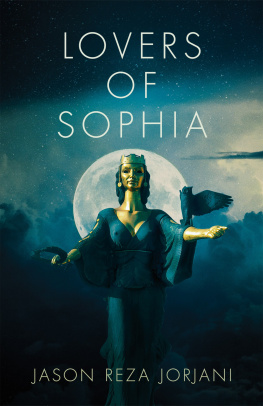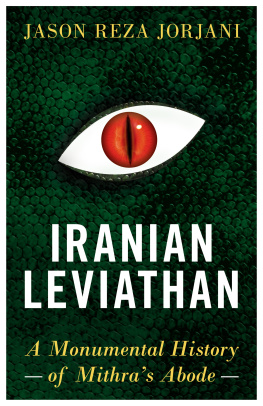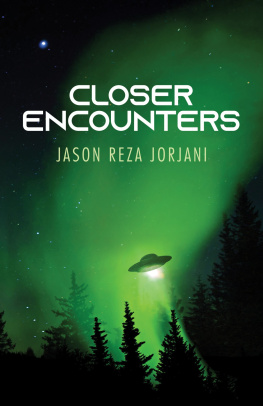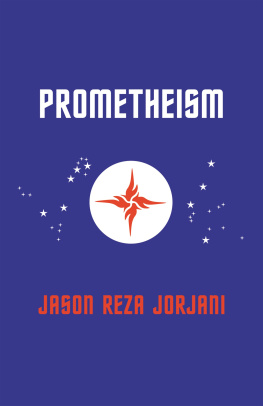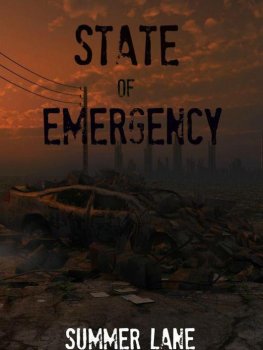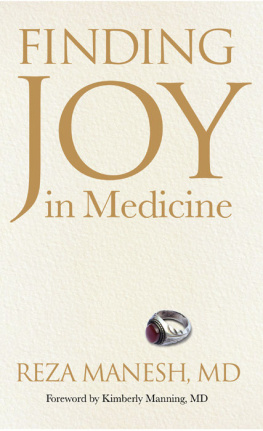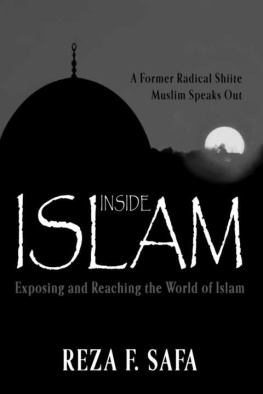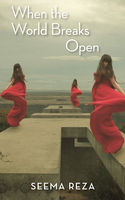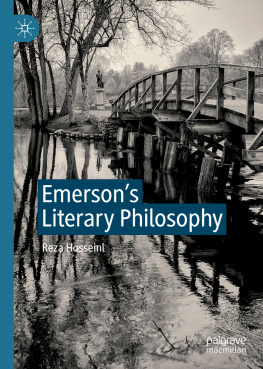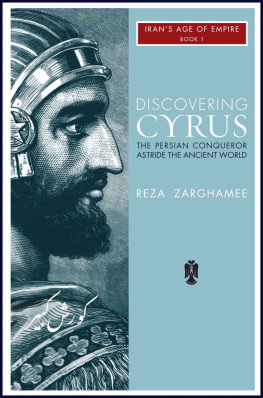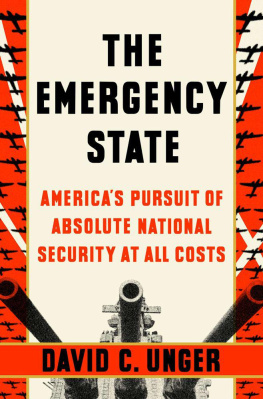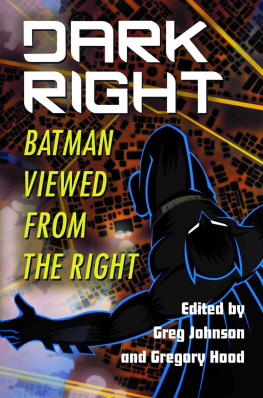Jason Reza Jorjani - World State of Emergency
Here you can read online Jason Reza Jorjani - World State of Emergency full text of the book (entire story) in english for free. Download pdf and epub, get meaning, cover and reviews about this ebook. year: 2017, publisher: Arktos Media Ltd., genre: Politics. Description of the work, (preface) as well as reviews are available. Best literature library LitArk.com created for fans of good reading and offers a wide selection of genres:
Romance novel
Science fiction
Adventure
Detective
Science
History
Home and family
Prose
Art
Politics
Computer
Non-fiction
Religion
Business
Children
Humor
Choose a favorite category and find really read worthwhile books. Enjoy immersion in the world of imagination, feel the emotions of the characters or learn something new for yourself, make an fascinating discovery.
- Book:World State of Emergency
- Author:
- Publisher:Arktos Media Ltd.
- Genre:
- Year:2017
- Rating:3 / 5
- Favourites:Add to favourites
- Your mark:
- 60
- 1
- 2
- 3
- 4
- 5
World State of Emergency: summary, description and annotation
We offer to read an annotation, description, summary or preface (depends on what the author of the book "World State of Emergency" wrote himself). If you haven't found the necessary information about the book — write in the comments, we will try to find it.
World State of Emergency — read online for free the complete book (whole text) full work
Below is the text of the book, divided by pages. System saving the place of the last page read, allows you to conveniently read the book "World State of Emergency" online for free, without having to search again every time where you left off. Put a bookmark, and you can go to the page where you finished reading at any time.
Font size:
Interval:
Bookmark:
This book is dedicated to my dear friend, Shahin Nezhad,
the Shahriyr of the Iranian Renaissance,
and to his wife, Artemis, who is worthy of her name.
Jason Reza Jorjani
World State of Emergency
Arktos
London 2017
Copyright 2017 by Arktos Media Ltd.
All rights reserved. No part of this book may be reproduced or utilised in any form or by any means (whether electronic or mechanical), including photocopying, recording or by any information storage and retrieval system, without permission in writing from the publisher.
Printed in the United Kingdom.
ISBN
978-1-912079-93-3 (Softcover)
978-1-912079-91-9 (Ebook)
Cover
Jason Reza Jorjani and Tor Westman
Layout
Tor Westman
Follow us: Arktos.com | Facebook | Twitter | Instagram
Inexorably, hesitantly, terrible as fate, the great task and question is approaching: how shall the earth as a whole be governed? And to what end shall man as a wholeand no longer as a people, a racebe raised and trained?
Friedrich Nietzsche, The Will to Power
Apocalypse. In its original Greek sense, the word means revelation. Over the course of the next several decades, within a single generation, certain convergent advancements in technology will reveal something profound about human existence. Biotechnology, robotics, virtual reality, and the need to mine our Moon for energy past peak oil production, will converge in mutually reinforcing ways that shatter the fundamental framework of our societies. It is not a question of incremental change. The technological apocalypse that we are entering is a Singularity that will bring about a qualitative transformation in our way of being. Modern Western socio-political systems such as universal human rights and liberal democracy are woefully inadequate for dealing with the challenges posed by these developments.
The technological apocalypse represents a world state of emergency , which is my concept for a state of emergency of global scope that also demands the establishment of a world state . An analysis of the internal incoherence of both universal human rights and liberal democracy, especially in light of the societal and geopolitical implications of these technologies, reveals that they are not proper political concepts for grounding this world state. Rather, the planetary emergency calls for worldwide socio-political unification on the basis of a deeply rooted tradition with maximal evolutionary potential. This living heritage that is to form the ethos or constitutional order of the post-national world state, on an existential level, is the Aryan or Indo-European tradition shared by the majority of Earths great nationsfrom Europe and the Americas, to Eurasia, Greater Iran or the Persianate world, Hindu India, and the Buddhist East.
The term Aryan (or Airyn , Irn , or Erin ) literally means well put together or finely wrought, in other words crafty, and only derivatively noble for this reason. This may have been a term that others first applied to the Indo-Europeans or that they adopted in the face of their encounter with cultures that utterly lacked their crafts mastery and industrious genius. The term Aryan is also associated with the skillful path to Wisdom or Prajn in the Buddha Dharma. The native name of Buddhism, given to it by Siddhartha Gautama himself, is ry Ashtang Marga or the Aryan Eightfold Path, which is fundamentally based on ry Chatvri Satyni or the Aryan Fourfold Truths (often loosely translated into English as the Four Noble Truths). The primary symbol of the Dharma, both in its Buddhist and Hindu varieties, is of course the Swastik .
The Indo-European World Order is one of three possible forms that the world state can take. The other two are a Chinese planetary hegemony, probably in the guise of the Shanghai Cooperation Organization, and the first truly global Islamic Caliphate, whether it evolves out of the current Islamic State and Al-Qaeda or some more moderate but far more dangerous transnational Muslim movement that displaces these groups. Although these three geopolitical blocks have hardly even recognized themselves, least of all the Indo-Europeans, they are already mutually engaged in a Third World War. This final and most decisive geopolitical battle will also be known as The Longest War. That is partly because, unlike the first and second world wars, the third is a clash of civilizations rather than a conflict between nation-states. It is the war that will move us beyond the nation-state as the basic unit of political organization. The United Nations International System formed at the end of World War II, with the Universal Declaration of Human Rights as its Magna Carta, is bound to be deconstructed by the kind of civilizational warfare that began on September 11, 2001.
This is the subject of my first chapter. It argues that the Universal Declaration of Human Rights (UDHR) is internally incoherent and self-undermining. By establishing an unqualified freedom of religion as one of the core human rights with universal applicability, the drafters disregarded the possibility that a moral majority in any particular country could use the fundamental precepts of their religion as a basis to deny the putative human rights of dissenting minorities. Based on a European Enlightenment political philosophy, the founders of the United Nations failed to recognize that a certain religion, such as Islam, can conflict with some of the most important human rights that these gentlemen wanted to believe are universal, while at the same time being a religion that quite consciously asserts itself to be impervious to reform or progressive evolution.
Samuel Huntington argues that in the clash of civilizations, religion is more determinative than secular political ideologies. As the main antagonist in this civilizational clash, the worldwide Muslim Ummah are in possession of a religion whose holy book is also a coherent political constitution. Despite being revealed in 7 th century Arabia, many of the articles of this constitution, including those which are most repugnant to the advocates of universal human rights, are not subject to amendment. I make that case very clearly. An Islamic World Order or Global Caliphate is one where women, worldwide, are legally subordinated to men and have very few rights, one where slavery is legalized, religious and intellectual dissent is criminalized, minorities are forced to pay tribute, and common thieves face draconian punishments like amputation.
It is important to remember that Islam does not even need to conquer the world by the force of arms. Its conquest of the Earth by demographics alone is nearly assured. By the later part of this century, Muslims will have a decisive majority on this planet. This brings us to the question of the globalization of democracy, the focus of Chapter 2. Based on current demographic trends, by 2075 a global democracy will mean an Islamic World State. Period. I argue that this shows how liberal democracy is incoherent. Liberalism is a distinct European political ideology that can easily be divorced from democracy.
In fact, democracy had extremely conservative and illiberal roots, both in classical Greece and when it was revived by Jean-Jacques Rousseau in the early modern era as a romantic antidote to rationalist Natural Rights (i.e. Human Rights) theories. Both the classical Greeks and Rousseau recognized that religion needs to be the basis of the general will that cohesively constitutes the sovereign decision-making power of a democratic polity. Rousseau even praised Islam as the best type of civic religion precisely because, unlike Christianity, at its very foundation it refuses to acknowledge any separation between religious authority and secular statecraft. Meanwhile, liberalism, as epitomized in its purest form by John Stuart Mill, advocates a false and untenable neutrality of the state with respect to the personal choice of citizens to live their lives in various ways. I show how Mill, in a way characteristic of liberals, sneaks in unjustified cultural prejudices about the kinds of individual conduct that are acceptable within a liberal or free society. His principle of harm is ill-defined and motivated by a misguided attempt to forge a political order that rejects civilizational ethos and collective identity. Liberal radical individualism is certainly radically anti-democratic.
Next pageFont size:
Interval:
Bookmark:
Similar books «World State of Emergency»
Look at similar books to World State of Emergency. We have selected literature similar in name and meaning in the hope of providing readers with more options to find new, interesting, not yet read works.
Discussion, reviews of the book World State of Emergency and just readers' own opinions. Leave your comments, write what you think about the work, its meaning or the main characters. Specify what exactly you liked and what you didn't like, and why you think so.

